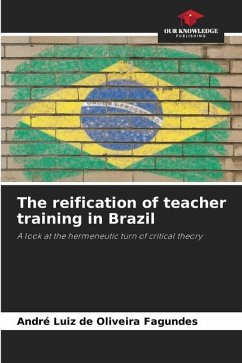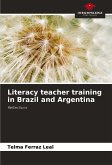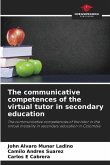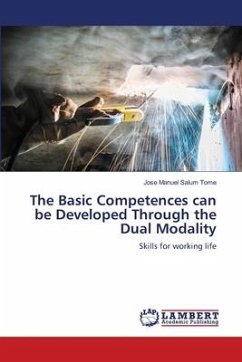The latest reforms in the educational context, following the enactment of the Law of Guidelines and Bases of National Education (LDBEN 9.394/96), whose main objective is to raise the quality of basic education, have adopted the idea of competences applied at all levels of the Brazilian education system. The postulate of competences has become the keynote of educational legislation, making it omnipresent in educational proposals and official documents underway in the country, such as: National Curriculum Parameters (PCNs), National Curriculum Guidelines (DCNs), PROVA BRASIL and the National High School Exam (ENEM). As a result, for years to come, the hegemonic idea of the quality of teaching work may be strongly marked by an instrumental nature, tainting alternatives. Teaching is not reduced to the immediate purpose of applying official proposals (reification), but above all contributes to longer-term effects on the destiny of social reality and the subject's critical insertion into the life of the polis (recognition). This is why it is essential to structure pedagogical work along the lines of what can reinforce the development of ethicality.
Hinweis: Dieser Artikel kann nur an eine deutsche Lieferadresse ausgeliefert werden.
Hinweis: Dieser Artikel kann nur an eine deutsche Lieferadresse ausgeliefert werden.








